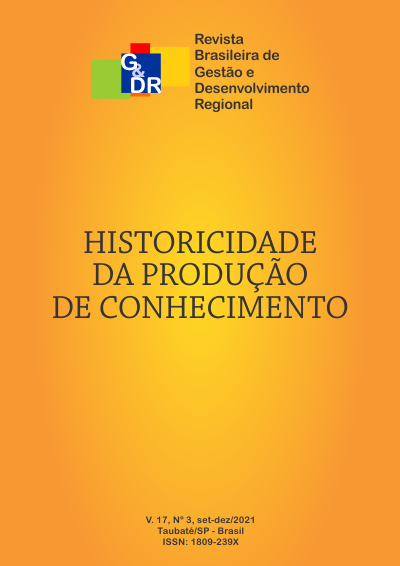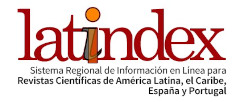ALTERNATIVES FOR PARTICIPATORY LANDSCAPE PLANNING IN MANGROVE AREAS
DOI:
https://doi.org/10.54399/rbgdr.v17i3.6392Palabras clave:
Geo-ecology of landscapes. Landscape planning, Social mapping, Participatory ResearchResumen
The main objective of this work is to determine the landscape planning alternatives of the populations that have a direct relationship with the mangrove ecosystems (Bunche community). The theoretical foundation is the Geo-ecology of landscapes (GEL). The phases that were fulfilled are: i) characterization of the physical and natural landscape; ii) characterization of the socio-cultural landscape by participatory techniques, and secondary information. The participatory techniques were: Workshops, Social mapping and semi- structured interviews. iii) Integrate the information collected from the landscapes: physical, natural, social and cultural; in order to determine the most appropriate and sustainable management alternatives in the community. Social perception was the main information to raise the conclusive alternatives. The population of Bunche has unfavorable socio-economic figures, highlighting that almost the entire population lives in poverty due to unsatisfied basic needs. The constant threat and destruction of mangroves (mostly blame shrimp) is the main perception of the population; as well as his manifest desire to reverse this situation. The initial characterization resulted in 10 landscapes, where the social and natural component interact. The climate present in the population is mainly rain, with two ecosystems: Forests of the equatorial Chocó and the mangroves of the equatorial Chocó. The sustainable planning of the territory must start from: sustainable tourism and agroecology. It is also possible to implement mangrove recovery processes with the support of the community
Descargas
Publicado
Cómo citar
Número
Sección
Licencia
Os autores que tiverem seus trabalhos aceitos e publicados na Revista Brasileira de Gestão e Desenvolvimento Regional estarão sujeitos a política de direitos autorais CC https://creativecommons.org/licenses/by/4.0/.
Em caso de aceite do artigo para publicação, os direitos autorais são automaticamente cedidos para a Revista Brasileira de Gestão e Desenvolvimento Regional.

















